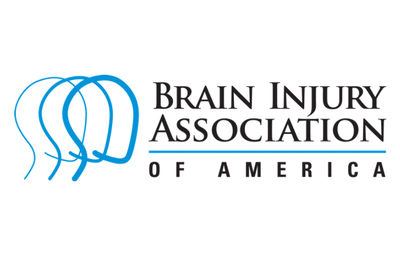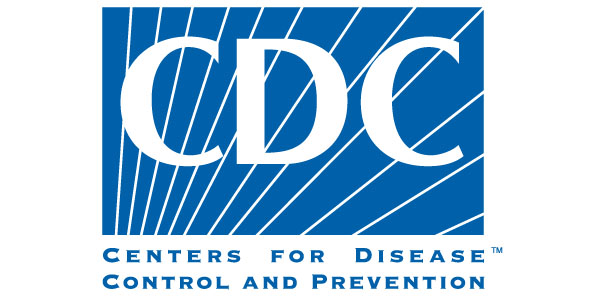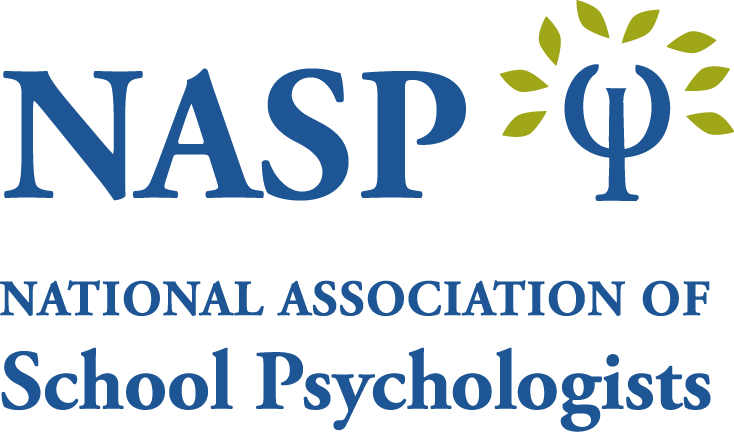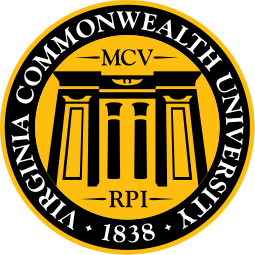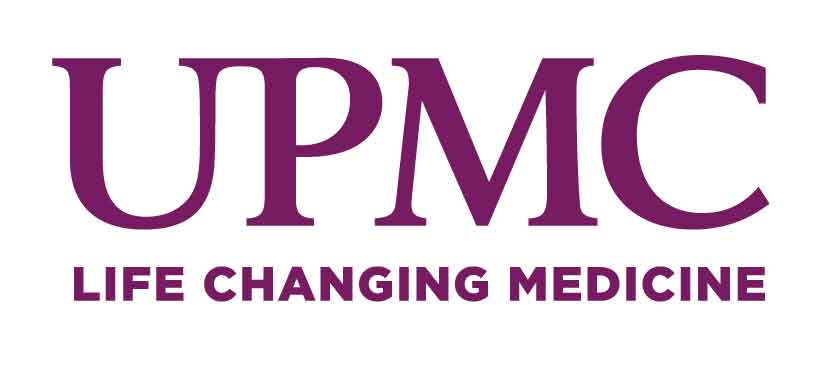The Brain Injury Association of America created a specifically for families and caregivers of children with traumatic brain injuries. This pamphlet covers topics including: hospitalization; recovery; returning to school; returning to work; and programs to assist with health services.
Disability Resource Center professional staff work directly with students to assess their individual disability-related needs and to develop appropriate plans for academic accommodations and services.
BrainLine is a national multimedia project offering authoritative information and support to anyone whose life has been affected by brain injury or PTSD: people with brain injuries, their family and friends, and the professionals who work with them. BrainLine also provides military-specific information and resources on traumatic brain injury and post-traumatic stress disorder (PTSD) to veterans, service members, and their families. Through BrainLine, we seek to provide a sense of community, a place where people who care about brain injury can go 24 hours a day for information, support, and ideas.
The US Centers for Disease Control and Prevention conducts research and offers programs, such as the “Heads Up” initiative , which “work to prevent TBI and help people better recognize, respond, and recover if a TBI occurs.”
NASP has created a handout that provides parents with information about the impact of TBI, educational supports for TBI, and intervention strategies for loved ones.
The NRCTBI is a part of Virginia Commonwealth University’s Medical College of Virginia campus. The website provides a wide variety of infomation, including articles related to TBI, FAQs related to TBI, and resources for living with TBI.
The University of Pittsburgh Medical Center created an infographic that explains what TBI is, the symptoms associated with TBI, the causes of TBI, and the treatment of TBI.
